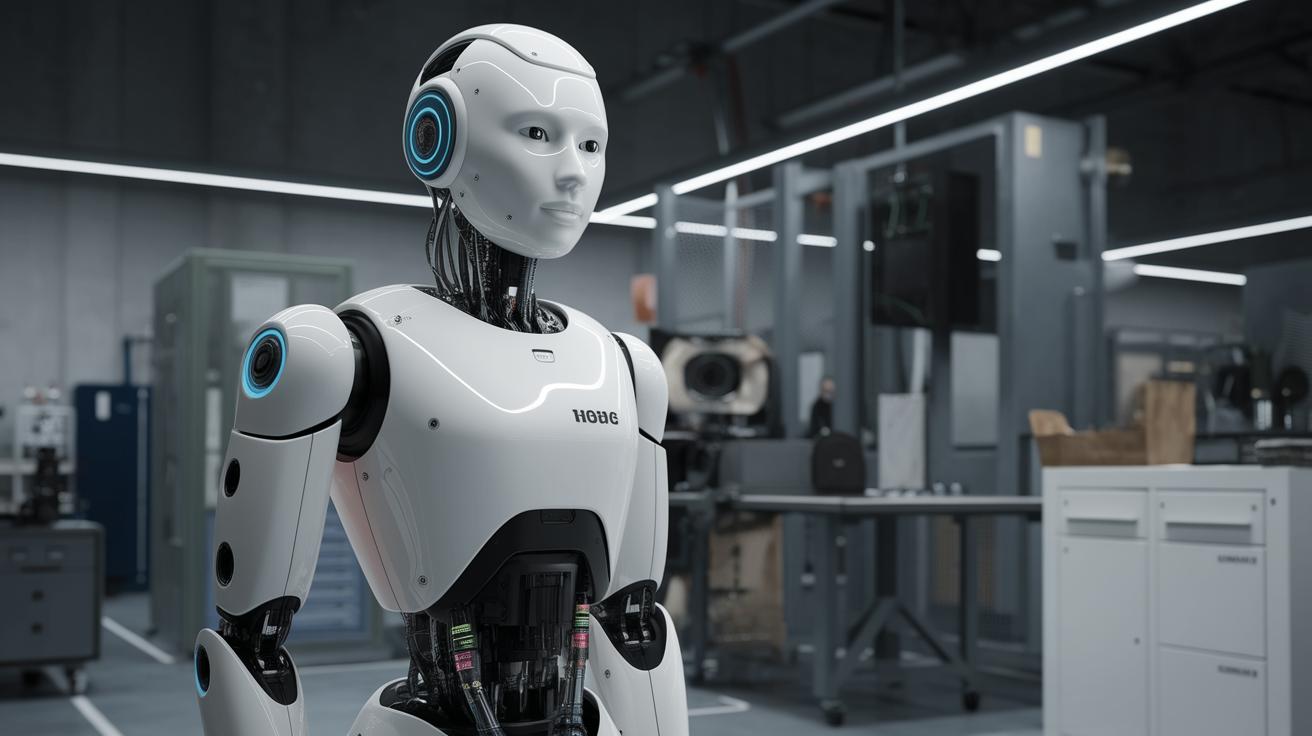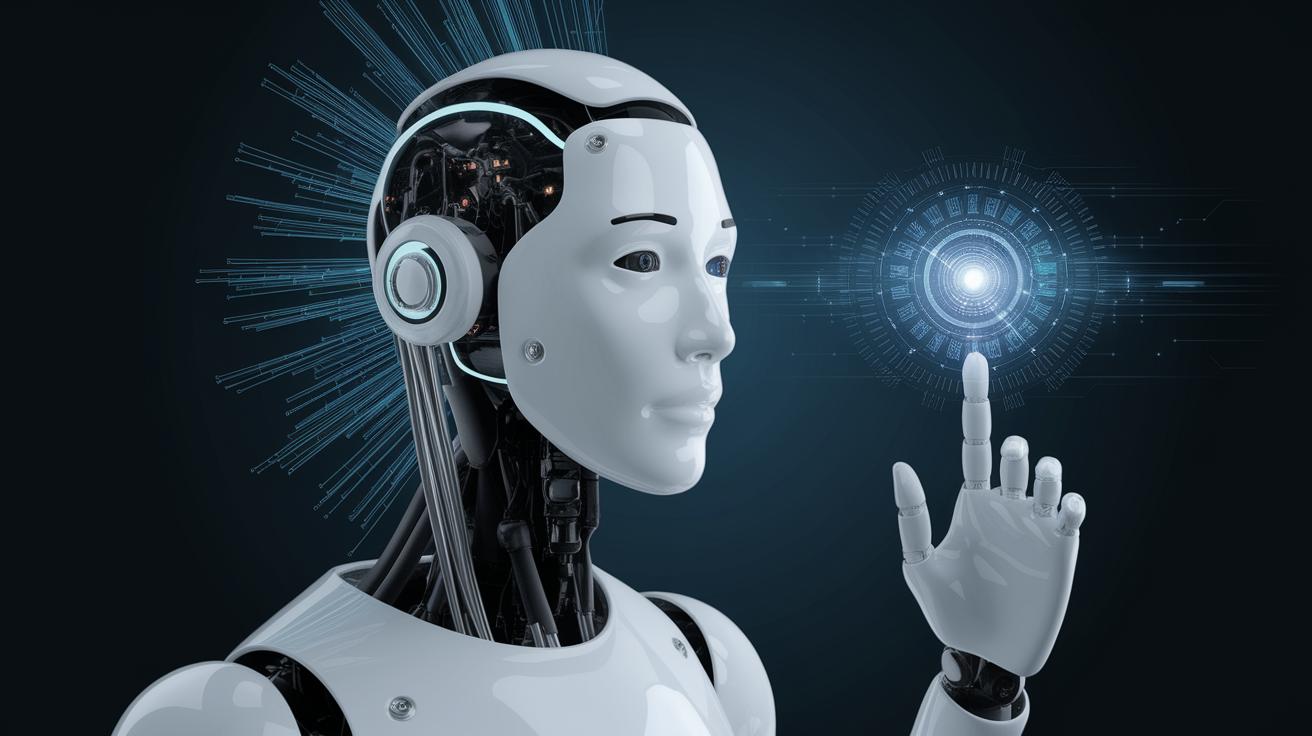Exploring the Ethical Implications of Artificial Intelligence
The rapid advancement of artificial intelligence (AI) technology has revolutionized numerous sectors, offering unprecedented opportunities for innovation and efficiency. However, with these developments come significant ethical concerns. From biased algorithms in AI systems to the role of AI in legal contexts, and the creation of art by AI, the implications are vast. Autonomous cars also pose questions about decision-making and responsibility. This article delves into these ethical dimensions, exploring how they impact society and the considerations that developers, policymakers, and the public must keep in mind as AI continues to evolve.
Biased AI
Bias in AI systems has become a critical ethical issue. AI algorithms are influenced by the data they are trained on, meaning that if the input data contains biases, the AI will likely replicate them. These biases can manifest in various ways, such as gender, racial, or socio-economic biases, potentially leading to unfair outcomes in applications ranging from hiring processes to law enforcement.
The challenge lies in ensuring that AI technologies are developed and deployed in a way that is fair and unbiased. Transparency in how AI systems are trained and the data used is crucial. Engaging a diverse team of developers and stakeholders in the AI development process can also help mitigate biases. Additionally, regular audits of AI systems can help identify and rectify biased outputs, promoting fairness across different demographic groups.
AI in the Court of Law
The use of AI in the legal sector raises questions about fairness and accountability. AI systems are increasingly being used for tasks such as predicting recidivism scores and assisting in legal research. While AI can enhance efficiency, it also raises concerns about due process, especially if decisions influenced by AI are not transparent.
Ensuring that AI applications in the courtroom are used ethically requires strict regulatory frameworks and transparency in how AI-derived decisions are made. It is crucial that legal professionals and AI developers work together to ensure data integrity and accountability. Public confidence in AI-used legal systems depends on the assurance that technology aids rather than undermines justice.
AI creates art
AI has made significant strides in creative domains, including the creation of art, music, and literature. This raises questions about the originality and authorship of AI-generated works. Can AI-created art be considered authentic when it is produced by algorithms?
There is ongoing debate over the intellectual property rights of AI-generated creations. As AI becomes more sophisticated in artistic domains, there is a need to define who owns the work produced by AI and how it should be credited. Some argue that this diminishes the role of human creativity, while others see it as a tool that expands artistic possibilities.
Autonomous car
The development of autonomous cars presents ethical dilemmas related to safety and decision-making. What should an autonomous vehicle prioritize in the event of an unavoidable accident? These decisions often involve complex moral choices, traditionally made by humans.
Manufacturers and policymakers are challenged with defining safety standards and ethical frameworks for autonomous vehicles. Clear guidelines and testing frameworks must be established to ensure the technology prioritizes passenger safety while considering broader ethical implications. As autonomous vehicles become more prevalent, they will test society’s readiness to trust machines with life-and-death decisions.
Summary
As artificial intelligence continues to transform various sectors, its ethical implications cannot be overlooked. Addressing biases in AI, ensuring fairness in legal applications, defining creativity in AI art, and navigating the ethical landscape of autonomous vehicles are critical steps. Stakeholders must collaborate to develop robust ethical frameworks for the responsible use of AI.
Share
If you found this article insightful, feel free to share it on your social networks. Stay informed and join the conversation about the ethical implications of AI by engaging with tech communities online.
Related items
-
AI Ethics in Healthcare: Challenges and Solutions
-
The Human Element: Balancing AI and Human Intelligence
-
Technology Trends to Watch in the Next Decade
Next Steps
| Topic | Ethical Consideration | Key Points |
|---|---|---|
| Biased AI | Fairness | Address data biases; ensure diversity in development teams. |
| AI in the Court of Law | Justice & Accountability | Establish transparency; ensure collaboration between legal & AI developers. |
| AI creates art | Creativity & Ownership | Define intellectual property rights; balance human vs. AI creativity. |
| Autonomous car | Decision-making & Safety | Develop ethical frameworks for critical decision-making in crises. |


